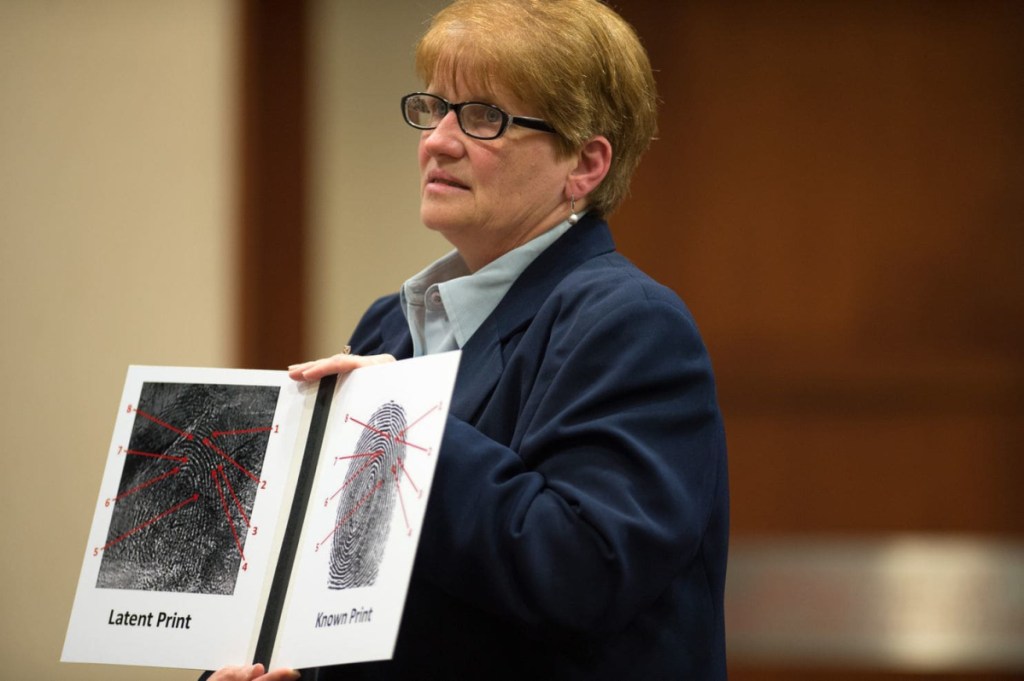As staff members of the Virginia State Crime Commission were reviewing the state’s Central Criminal Records Exchange, they made a stunning discovery: The state court system had recorded about 11 million convictions dating to 2000, but the criminal records database showed only about 10.2 million convictions. More than 750,000 records were not in the system maintained by the Virginia State Police, including more than 300 murder convictions, 1,300 rape convictions and 4,600 felony assault convictions.
This is the database that courts and police use to check a person’s prior record, often to determine what charge or sentence is appropriate. It’s a database that state police in Virginia, and around the country, use to determine whether someone is eligible to buy a gun. It’s what state agencies and employers check to see if someone has a conviction that might disqualify them from working at, say, a child-care center. It’s also the repository for fingerprints that investigators use when trying to match a print at a crime scene to a possible perpetrator.
“What I can discern is there is confusion and breakdowns,” said state Sen. Mark Obenshain, R-Harrisonburg, chairman of the crime commission, “and these need to be resolved. The list of the of fenses is pretty staggering.”
The crime commission, which researches justice issues and recommends solutions to the Virginia General Assembly, determined that the problem stemmed from failures to enter a defendant’s fingerprints into the system when he or she was charged. If that step is missed, no record of a person’s arrest is in the database. About 90 percent of the 751,154 missing records, or more than 675,000, lacked fingerprints. Another 76,000 were missing because of other errors.
Of the cases with missing fingerprints, 35 percent are felonies and 65 percent are misdemeanors, the crime commission found. But the misdemeanors can involve drug charges, assaults, drunken driving and family abuse, all of which could be disqualifying convictions for anyone seeking a gun or a professional license.
Missing fingerprints can also prevent police from solving crimes. “That’s probably the most worrisome,” said Henrico County Police Chief Humberto I. Cardounel, who is in a group of law enforcement and courts officials trying to figure out how the problem arose and how to fix it. “Our fingerprint system is only as good as what’s in it. If prints aren’t entered, you run the risk of submitting a set of latent prints (from a crime) and not getting a match” with a suspect who should have been in the system, Cardounel said.
Copy the Story LinkSend questions/comments to the editors.



Success. Please wait for the page to reload. If the page does not reload within 5 seconds, please refresh the page.
Enter your email and password to access comments.
Hi, to comment on stories you must . This profile is in addition to your subscription and website login.
Already have a commenting profile? .
Invalid username/password.
Please check your email to confirm and complete your registration.
Only subscribers are eligible to post comments. Please subscribe or login first for digital access. Here’s why.
Use the form below to reset your password. When you've submitted your account email, we will send an email with a reset code.